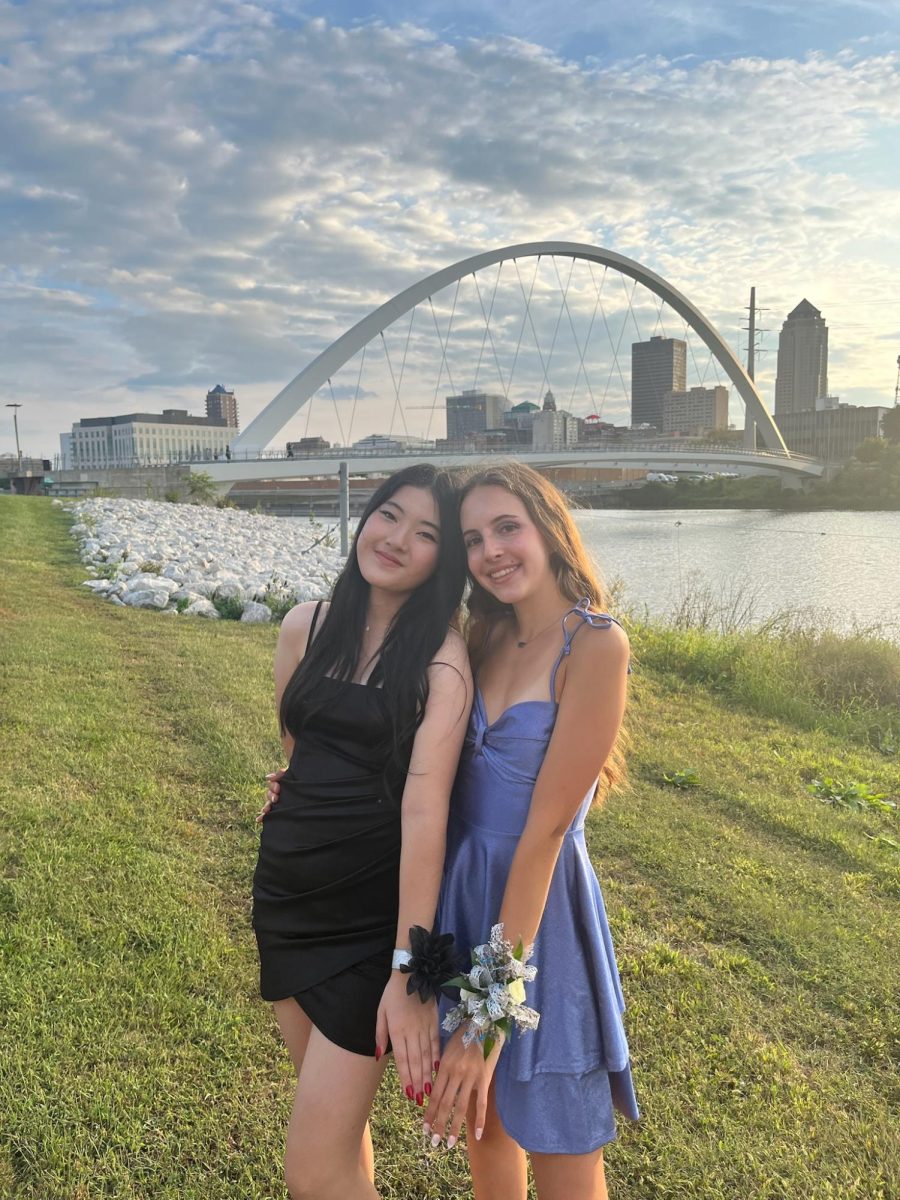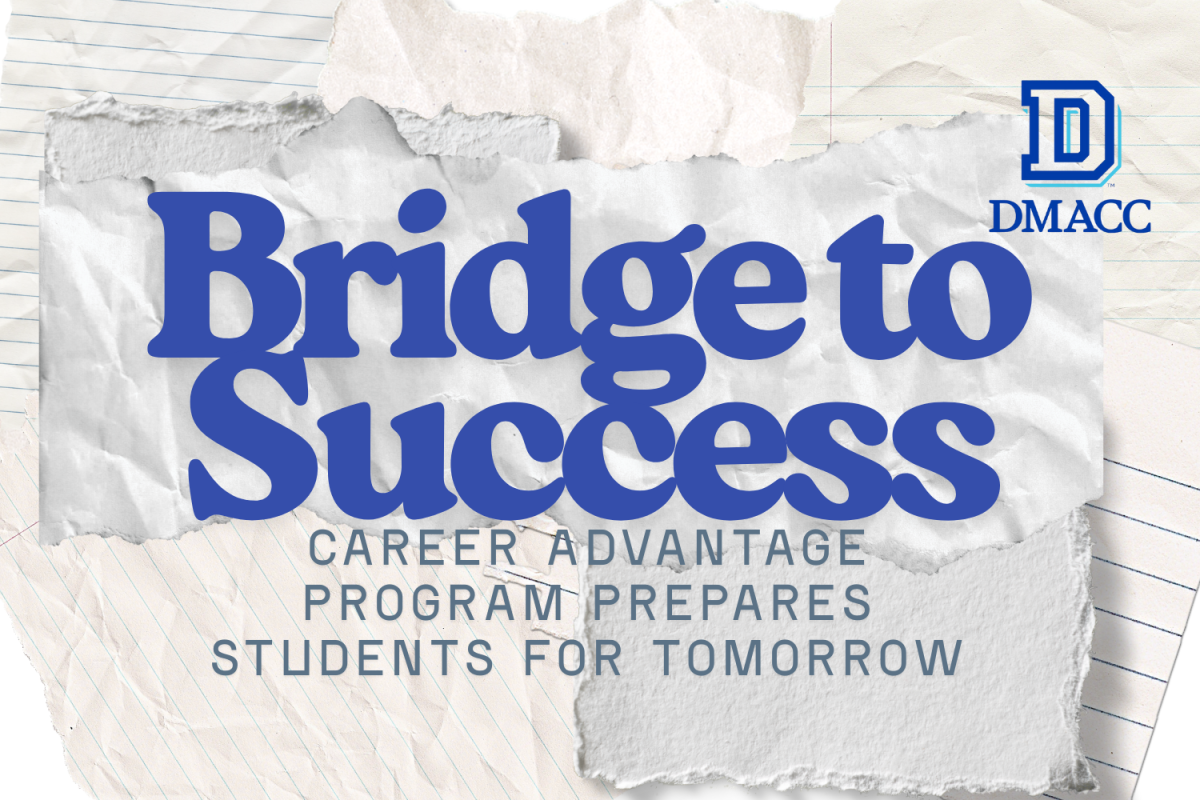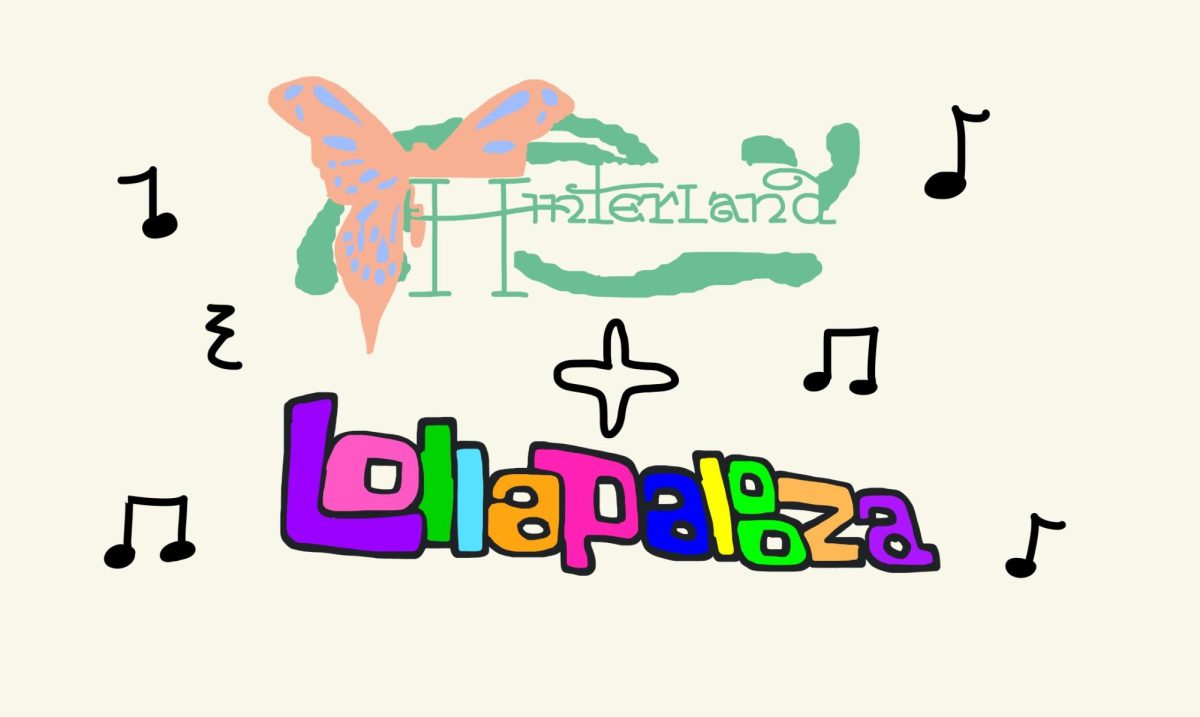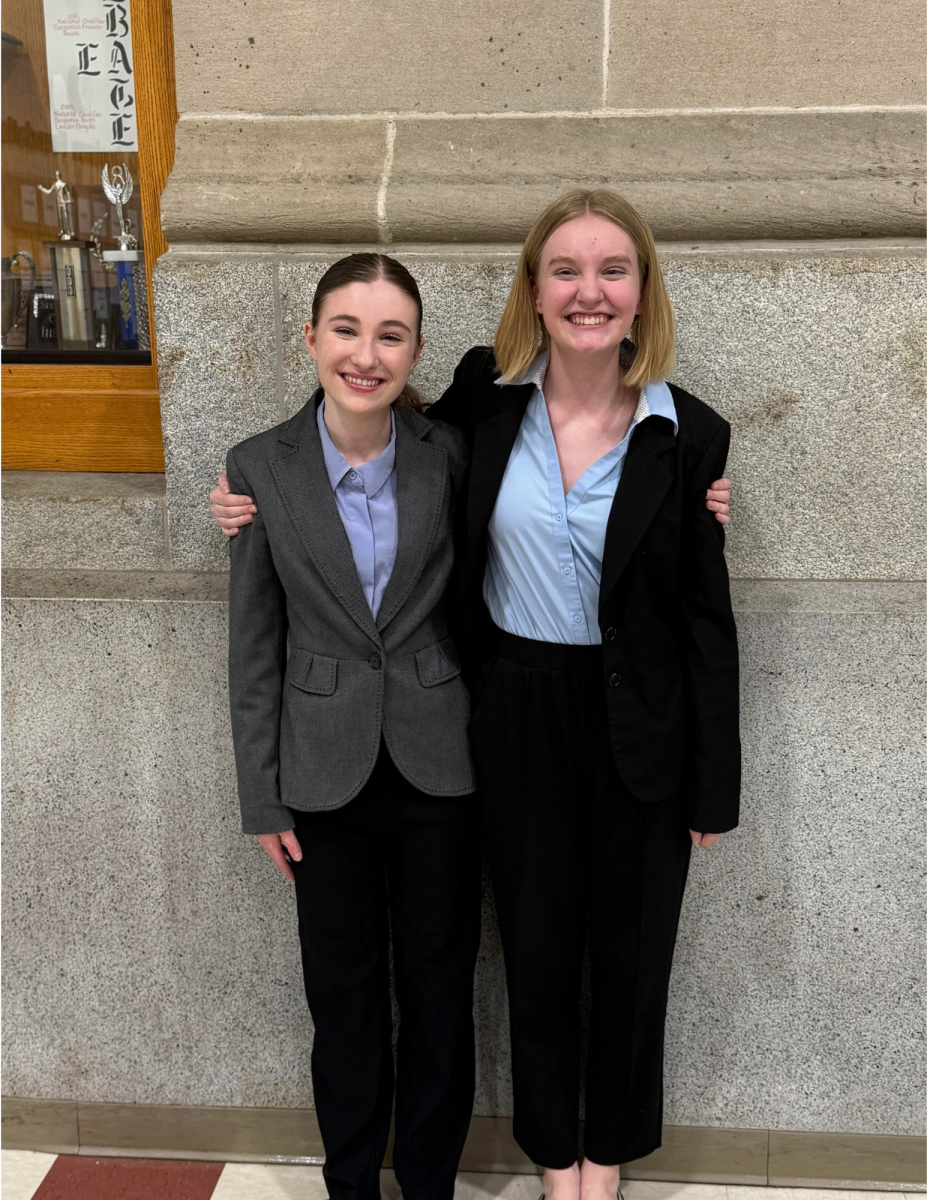Johnston High School students in AP Language and Composition are choosing from a wide selection of classic books, including “One Flew Over the Cuckoo’s Nest” and “Jane Eyre” to aid them as they begin a unit focused on different social constructs in the world.
This year there is a noticeable book missing from the selection, “The Bluest Eye.” The book covers social constructs such as beauty and race, but also explicitly depicts a sexually abusive relationship between a girl and her father, one of the main reasons for its banning.
“I know that what happens in the Bluest Eye is disturbing, nobody wants to read or believe that a father would or that a parent would abuse their child,” AP Language and Composition teacher at Johnston High School Melissa Dale said. “That doesn’t mean that it doesn’t happen in the world and that we should pretend that this kind of abuse doesn’t happen.”
“The Bluest Eye” is among hundreds of books that have been banned or challenged in public schools in Iowa. Book bannings have become increasingly common the past decade, with reasons ranging from sexual content to LGBTQ realted topics.
The new law in Iowa, SF 496, created guidelines of what is allowed to be taught in schools, stating multiple times that books “contain only age-appropriate materials” and omit literature with sexual content. The senate file also states that content including discussions on sexuality and gender be prohibited from students in kindergarten through sixth-grade. The law is set to go into effect on Jan. 1 2024.
With the new limitations on books and information, the question of how this is going to affect students’ and teachers’ quality and access to education arises. Kelly McAlister, 47, has been the librarian at Summit Middle School in Johnston, Iowa for five years and has dealt with the book bannings from the law first hand.
“So, my building is the six-seven [grade] building so we didn’t have a lot of books that violate the sex act part of the law, so we haven’t had to remove much,” McAlister said. “At Summit though, the law has some things to do with the LGBTQ books for K through sixth, so that’s impacted some of my work.”
In 2023, there were a total of 3,923 titles challenged in the United States, and 43 titles in Iowa, according to the American Library Association. Book bannings have increased by 33% over the past school year, according to Pen America.
An increase in the number of book bannings is largely due to conservative groups popularizing the issue.
“Well, there’s been some organized groups- like Moms for Liberty for example- that have politicized it…I think that’s part of it-and that spilled over to our legislators and our governors,” McAlister said.
Before SF 496 was signed, Governor Kim Reynolds, Iowa Republicans and Moms for Liberty, a “parents rights” group, held an event where they discussed their shared goal of involving parents more in their children’s education.
“This legislative session, we secured transformational education reform that puts parents in the driver’s seat,” Governor Kim Reynolds said in a statement. “Education is the great equalizer and everyone involved – parents, educators, our children – deserves an environment where they can thrive.”
With the implementation of this legislation, librarians and teachers are required to find and remove books that are not age appropriate or do not comply with the law. President of the Iowa State Education Association, Mike Beranek, is a part of the union that is representing public school teachers and their concerns about the law.
“Public education professionals will still continue to spend valuable instructional time trying to meet vague state mandates,” Beranek said to the Gazette.
Concern about the vagueness of the law has been brought up, with worry that books that do not violate the law may be pulled due to districts being overly cautious to avoid lawsuits.
Urbandale Community School District in Iowa initially had pulled nearly 400 books that they felt violated the law. Eventually, they narrowed it down to 64 titles.
Abigail Wharton, Johnston High School senior and previous campaigner for democratic house candidate Suresh Reddy said, “Honestly, I think that a lot of schools would rather be safe than sorry, schools don’t want to see lawsuits, they have to hire lawyers and honestly that’s a waste of taxpayer dollars to fight about the contents of a book.”
Recently, however, lawsuits have been brought about against the law, concerned about its prohibition of gender and sexual orientation being taught to children in kindergarten through sixth grade.
Authors such as John Green have filed in complaint of this ban depriving students of books that “portrays and describes critical aspects of the human experience,” according to CNN.
Authors and publishing companies are also arguing that the law is targeting authors that are or have LGBTQ views.
Senior at Johnston High School and LGBTQ student, Riley Babel, runs a column in the school newspaper where they review a multitude of books, some of which being banned books.
“I feel like every book for school has been, in some way, banned or challenged. There have also been a lot of instances where I haven’t been able to read books because they’ve been banned or challenged- or taken out of the library,” Babel said.
Many are concerned that censorship, while possibly necessary at times, may limit exposure to different views, lifestyles and cultures, to both high school students and younger kids.
“I think limiting access to books is detrimental in general, that if students want to check a book out from their library and their school they should be able to do so,” Dale said, “I think we run the risk of making certain ideologies seem like the correct ones when we limit books and students opportunities to those books.”
Encouragement of free thinking and freedom of speech is an important aspect of both public schools and being in the United States. Opposers of book bannings believe that censorship of books in public schools undermines both, according to the Free Speech Center.
“You’re not going to be able to form your own thoughts unless you’re exposed to all different kinds of thoughts,” Babel said. “The people who are trying to prevent the “brainwashing” are doing the “brainwashing” by trying to ban these books– it’s censorship.”
Along with the new legislature affecting students as a whole, it particularly targets AP students in classes such as AP Language and Composition and AP Literature, where many of the books involve topics, such as sexual acts, that could lead to them no longer being offered in the curriculum.
“In AP Literature, sex is part of every single book we read because it’s a huge part of why humans do the things we do,” Abigail Wharton said. “Exploring those different texts and those different ideas in them is so vital to developing your critical thinking skills and just your ability to analyze the world around you.”
The College Board, creator of the AP program, released a statement saying that they are, “not aware of any instances in which state requirements conflict with the standards of college-level AP courses” according to EducationWeek. Yet many of the College Board’s principles promote and encourage free thinking as well as expect the students taking AP courses to analyze different viewpoints and perspectives.
Dale emphasizes that exposing students to a variety of different genres and authors not only helps them to understand complex themes, like in “The Bluest Eye,” but also prepares them to be young, discerning adults.
“It has limited some of the offerings that we are able to make to students and I feel that that is a hindrance-that books should not be censored-that students, especially at a collegiate level,” Dale said. “I think reading books from a variety of genres from a variety of points of view can really inform their perspectives and only help them in their future education or careers.”






